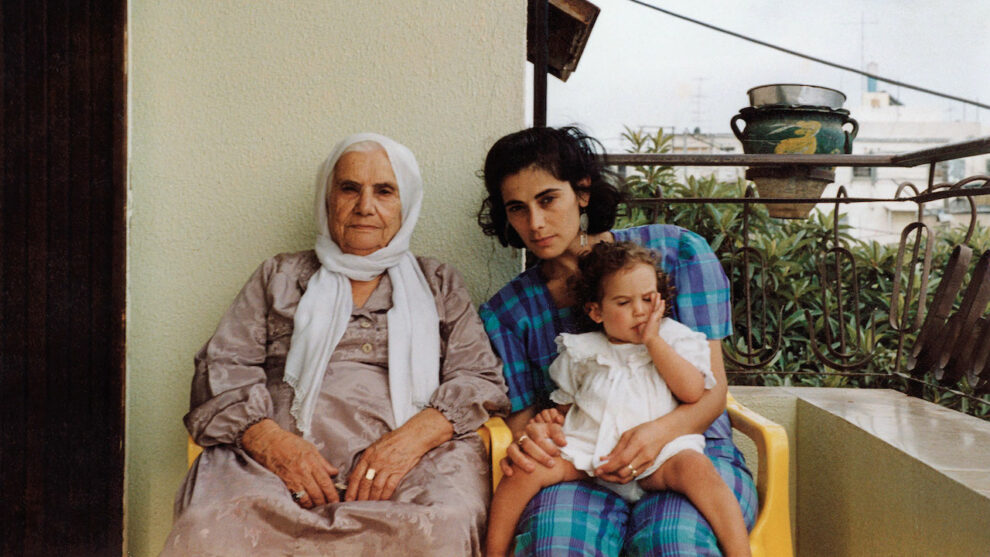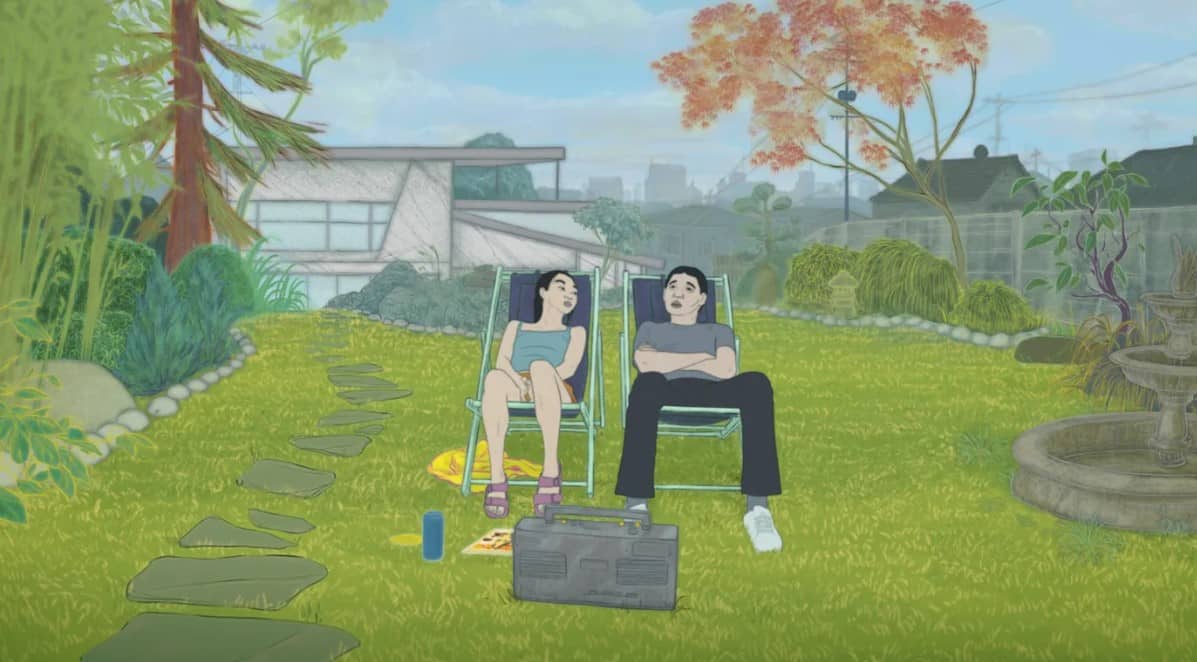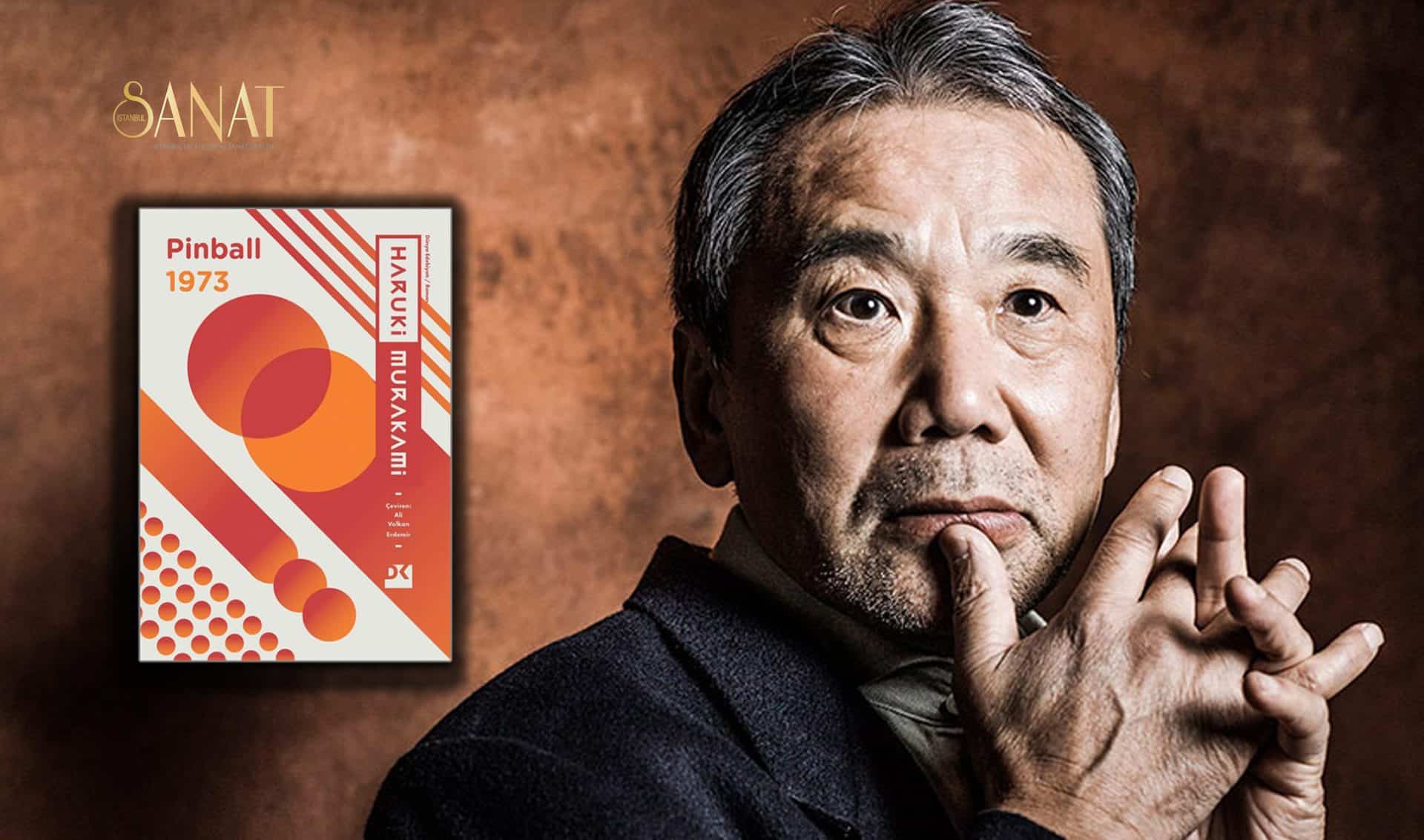1992 archival footage of Palestinian lake Tiberias opens this feature documentary from Lina Soualem. The images, although mundane, have a very specific function. They link the viewer to the world which is no more. The story of the director's family serves as a lens through which a tale of war-torn country is told.
In theaters in NYC January 12 and Los Angeles January 19

Hiam Abbass, most widely known as a recent “Succession” alumni, moved from Palestine to Paris over 30 years ago to pursue her career in acting. The decision to leave had large repercussions on her life, and alienated her from the town she was raised in. Most importantly, the actress had to practically cut her ties with the rest of her estranged family. In “Bye Bye Tiberias” director Lina Soualem (also Abbass' daughter) triggers a trip down memory lane by confronting the protagonist with old photograph albums, encounters with family members and visits to places of her childhood. The concept in itself is rather standard. What stands out, however, is the fact that Abbass' memories are tied to a place which has been in a state of change for decades now. The media's preoccupation with reporting on the contemporary crisis and Israel's aggression on Palestine only add to that strange tension. In “Bye Bye…” conflict with Israel is barely mentioned in passing. The director instead opts to focus on the personal reminiscences of her family.
Via its approach to history through a personal angle, “Bye Bye Tiberias” offers a perspective contextualizing the atrocities committed by Israel in Palestine today. Conflict has been covered overwhelmingly from the point of view of grand politics, whilst the discourse around Israeli-Palestinian war has been predominantly male-centric. It feels slightly unfair to be bringing up the conflict in the context of “Bye Bye Tiberias”, as the director demonstrates lack of interest in the matter, or rather, attempts to talk about the conflict by not mentioning it almost at all.
The documentary touches on those issues through interrogations of memories of the director and her mother. Perspectives of grandmother and great-grandmother further explode the scale of that tale and provide further pathos to this affectionate family portrait. Thus, the marginalized Palestinian female voices come to the fore in abundance. The result is nostalgic and lyrical at times, especially thanks to the rich archive materials and intimate camerawork.
In this family saga, the director explores traumas, grievances and experiences passed on for generations, starting with her great-grandmother who was raised in pre-1948 Palestine. The meandering structure of the documentary gives the feel of only dipping one's toes in memories, rather than plunging into them head-first. Despite being harrowing, moving and occasionally hilarious, various anecdotes recounted by Abbass to her daughter do not formulate a linear tale. Rather, the memories of the protagonist, reinvigorated by old letters and photographs, emerge, flow and end abruptly. “Bye bye Tiberias” may be an attempt at consolidating histories of four generations of women, but watching it gave me a feeling similar to looking at a game of pinball. Soualem moves between various strands of different stories, foreshadowing some and abandoning others. Thus, the sequences ensue in what feels like an arbitrary, stream-of-consciousness-like manner. Yes, that is how memory may work, and that most likely was Soualem's storytelling strategy. “Bye bye…” replicates that chaotic wrestling of thoughts by heaving the viewer in the midst of it.
Despite war constantly looming in the background, the film ends on a serene note. The image of Hiam Abbass contemplating the eponymous lake tells all about the sense of nostalgia, loss and love which stitch together this disorientating portrait of a family.















